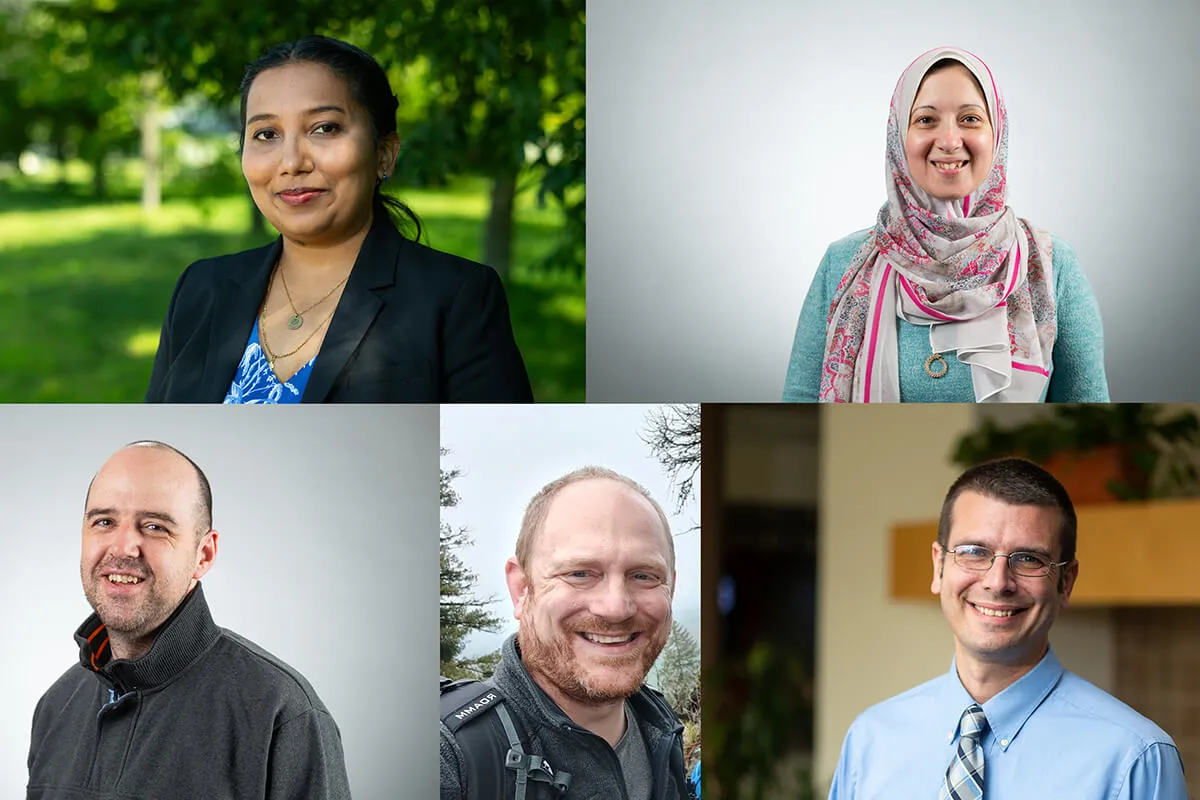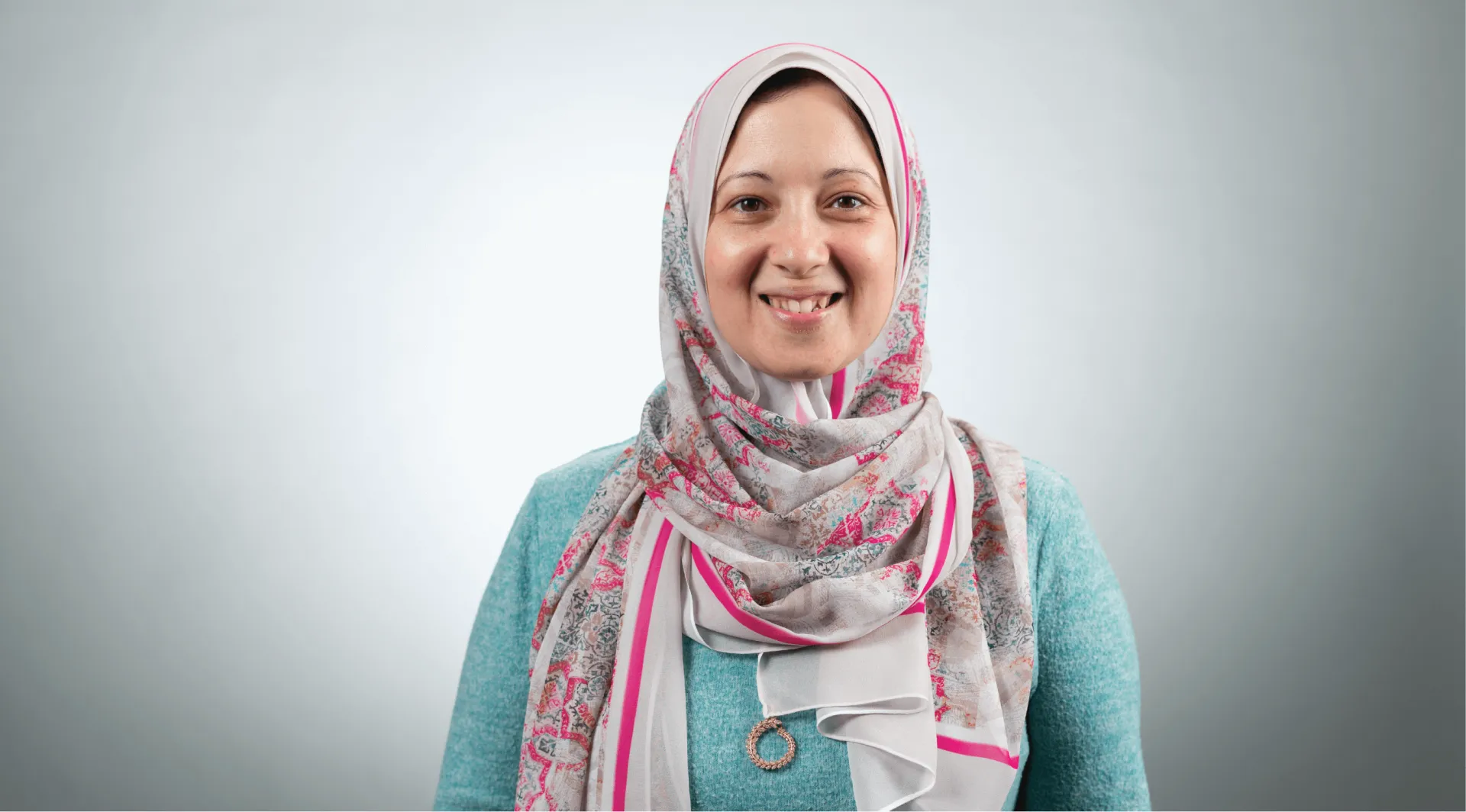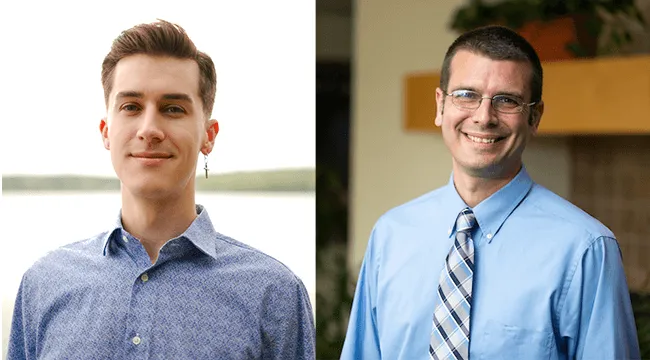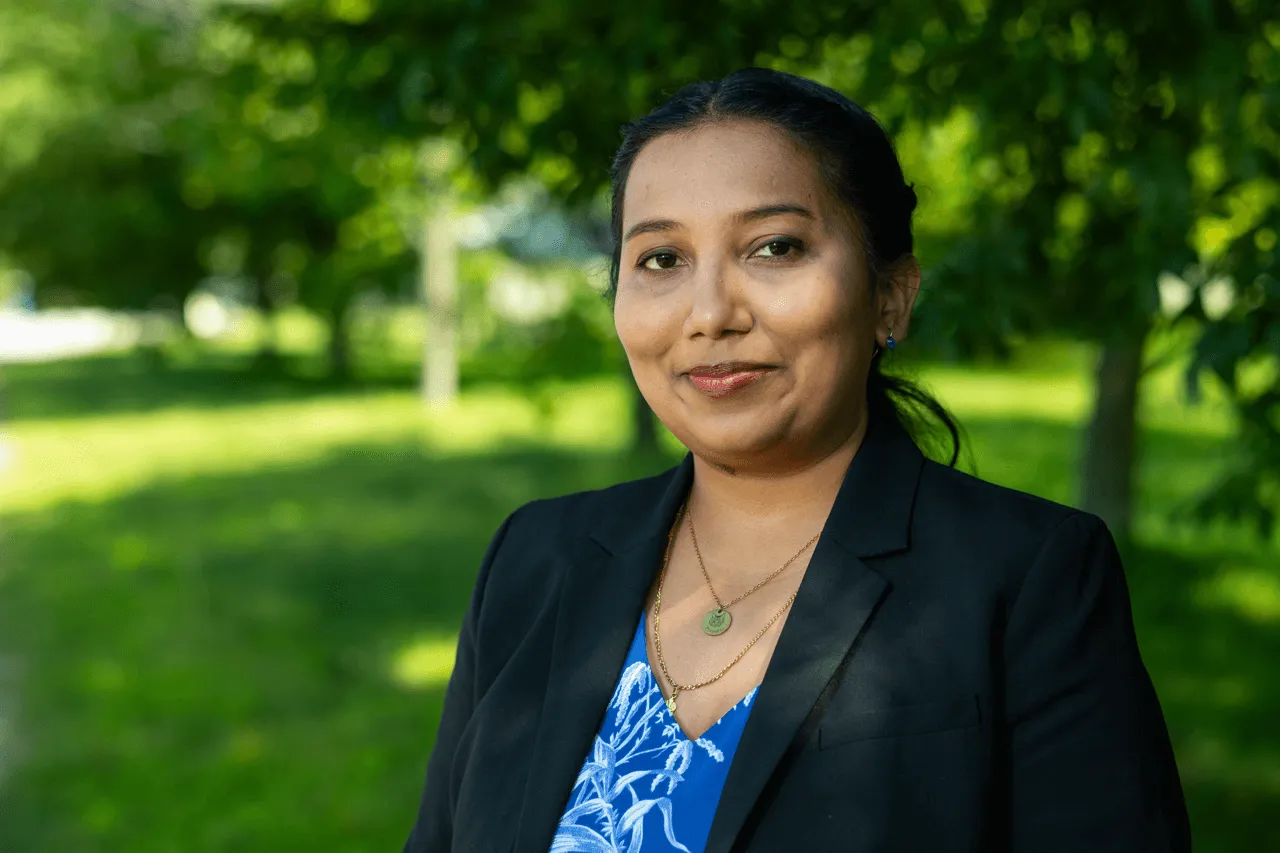UVM Cancer Center Announces 2025 Pilot and Pre-Pilot Award Grantees
The UVM Cancer Center has announced the recipients of its 2025 Pilot and Pre-Pilot Project Grants — unique philanthropy-funded mechanisms that support members conducting cancer research.
Investigators who are awarded Pilot Project Grants receive $50,000 to support their research and Pre-Pilot awardees receive $15,000 to help catalyze their research endeavors.
This year’s Pilot Project Grant awardees are:
Reem Aboushousha, MSc, PhD, Targeting glutathione pathways to overcome drug resistance in lung adenocarcinoma
Dr. Aboushousha’s study looks at lung cancer, a deadly disease with very poor survival. Current chemotherapeutic medications have serious side effects in addition to not being effective after some time. Through this project, Dr. Aboushousha’s group will try to understand the reasons behind this resistance and find ways to overcome them with compounds that potentially can be developed into new drugs. Specifically, Dr. Aboushousha will research the role of glutathione S-transferase P (GSTP) and S-glutathionylation in chemotherapy resistance in Lung Adenocarcinoma, including potential therapeutic strategies to target GSTP and sensitize cells to chemotherapy.
Tony M. Mertz, PhD, and Steven Roberts, PhD, Characterizing reciprocal relationships between transcription-associated mutagenesis and both cancer etiology and therapeutics
Dr. Mertz’s study investigates how elevated levels of transcription increase the rate of mutation for specific types of insertion and deletion mutations. Dr. Mertz posits that these transcription-induced deletions contribute to cancer etiology and resistance to cancer therapeutics. This study aims to show that oncogene activation increases transcription-associated mutagenesis in tumor cells pan-cancer; and that that transcription-associated mutagenesis is the primary source of mutations that restore BRCA1/2 function and provide resistance to PARP inhibitors.
This year’s Pre-Pilot awardees are:
David J. Seward, MD, PhD, Building an optogenetic mouse model that phenocopies human lung cancer
Dr. Seward’s project proposes building a novel genetic mouse model of KRAS-driven LUAD that accurately phenocopies human lung cancer initiation and progression. The current gold standard genetically engineered mice (GEMMs) fail to model human lung cancer accurately, the hurdle being precise spatiotemporal tumor induction. To address this limitation, Dr. Seward’s project will build a GEMM that uses “two factor authentication” (TFA) to enable hyper-focal tumor induction via light-induced, Cre-mediated allele activation of oncogenic drivers. It will then compare this model with a current tamoxifen inducible Cre-activated alleles and evaluate lung tumor formation and progression. The goal is to produce a model that accurately recapitulates the clinical course of human lung cancer and can serve as a tool that causes a paradigm shift in the lung cancer field.
Trishnee Bhurosy, MSc, PhD, CHES, Experiences of Food Insecurity and Financial Toxicity among Adolescent and Young Adult Survivors of Cancer
Dr. Bhurosy’s study aims to explore how food insecurity affects adolescents and young adults (AYA) who have survived cancer. By examining discussions on Reddit, a popular social media platform among youth, Dr. Bhurosy’s group will document the unfiltered real-life challenges AYA survivors face in accessing and affording food. This innovative study will yield preliminary findings for an NCI R03 proposal that will focus on developing better food support programs for this underserved group.



